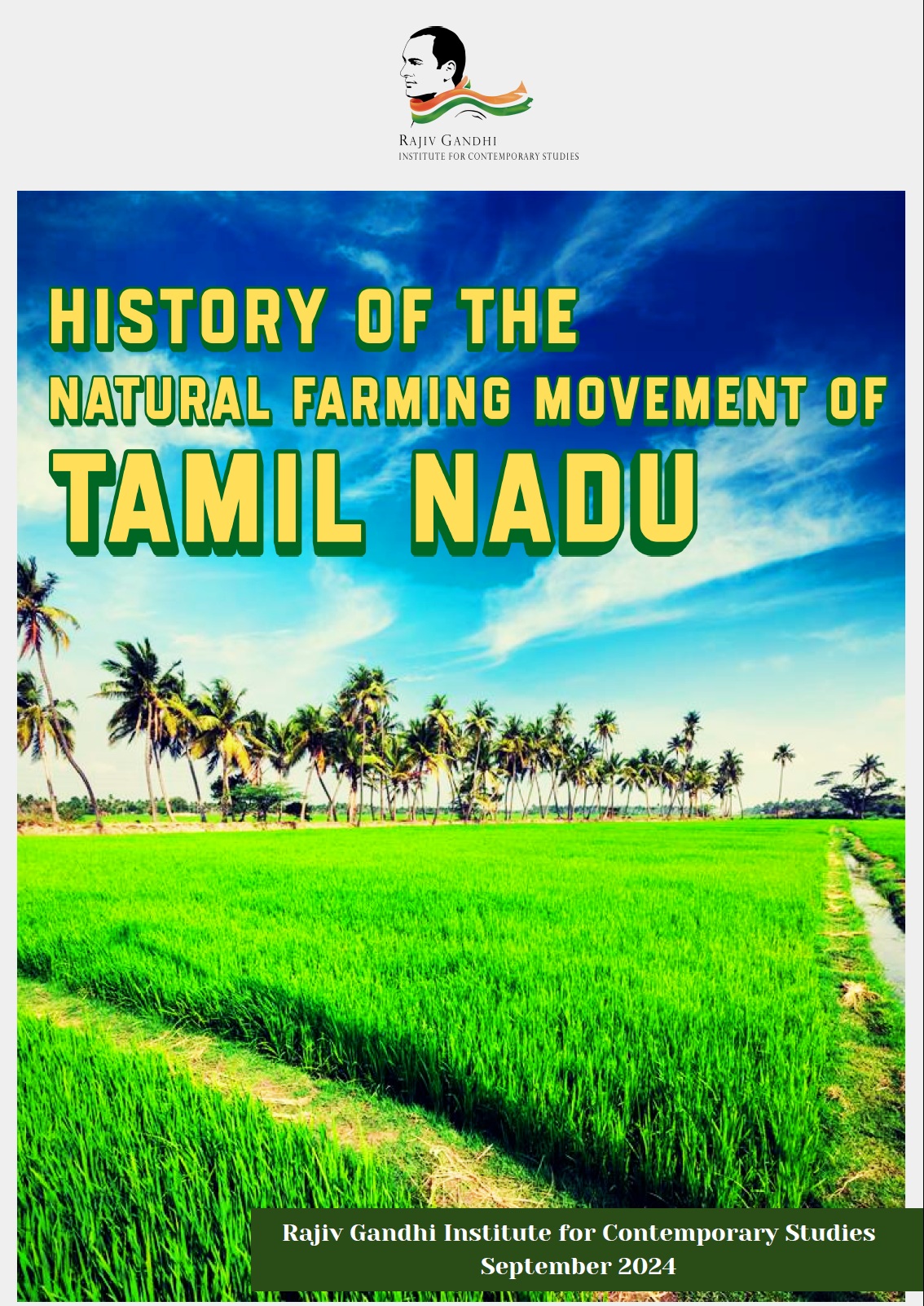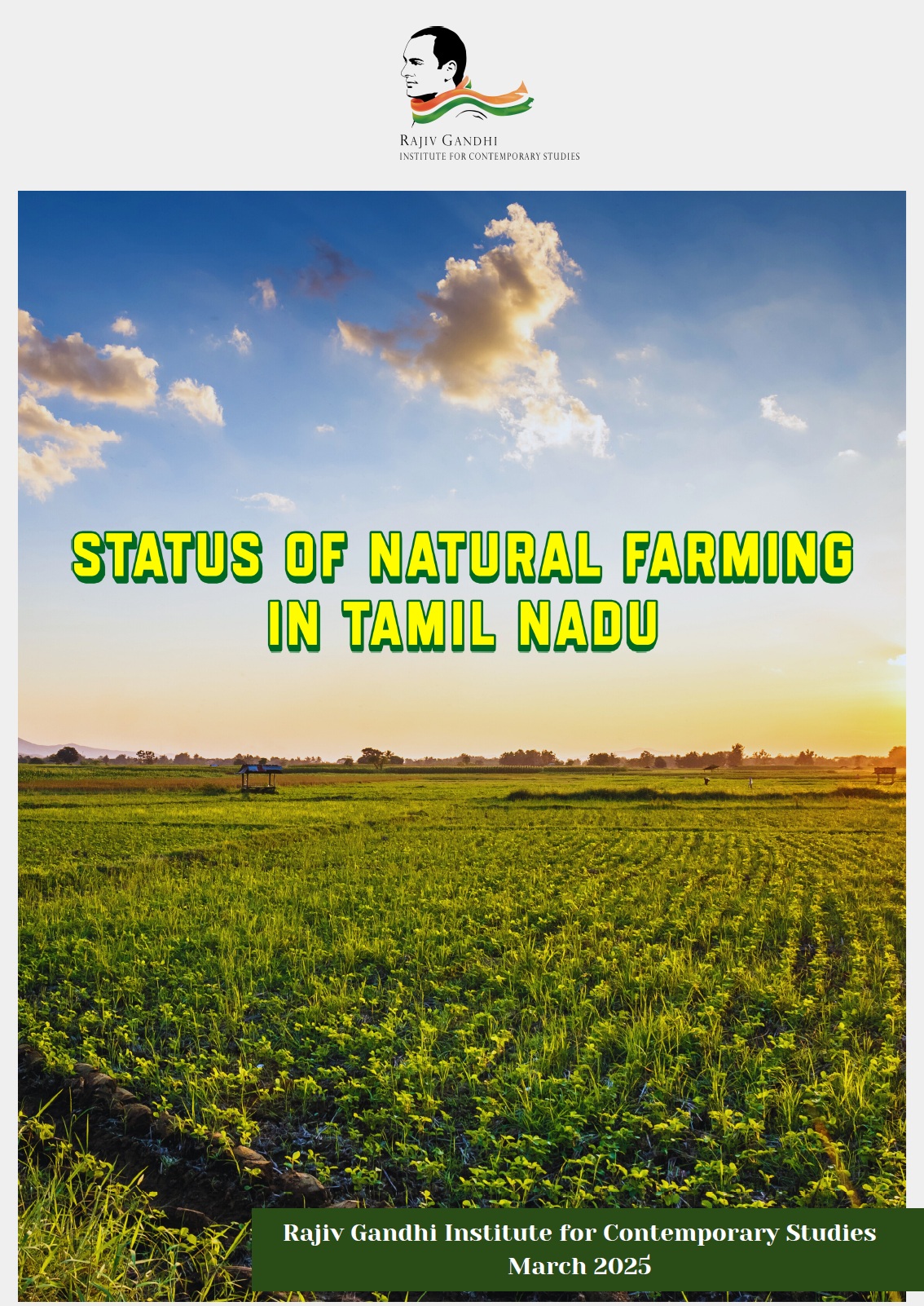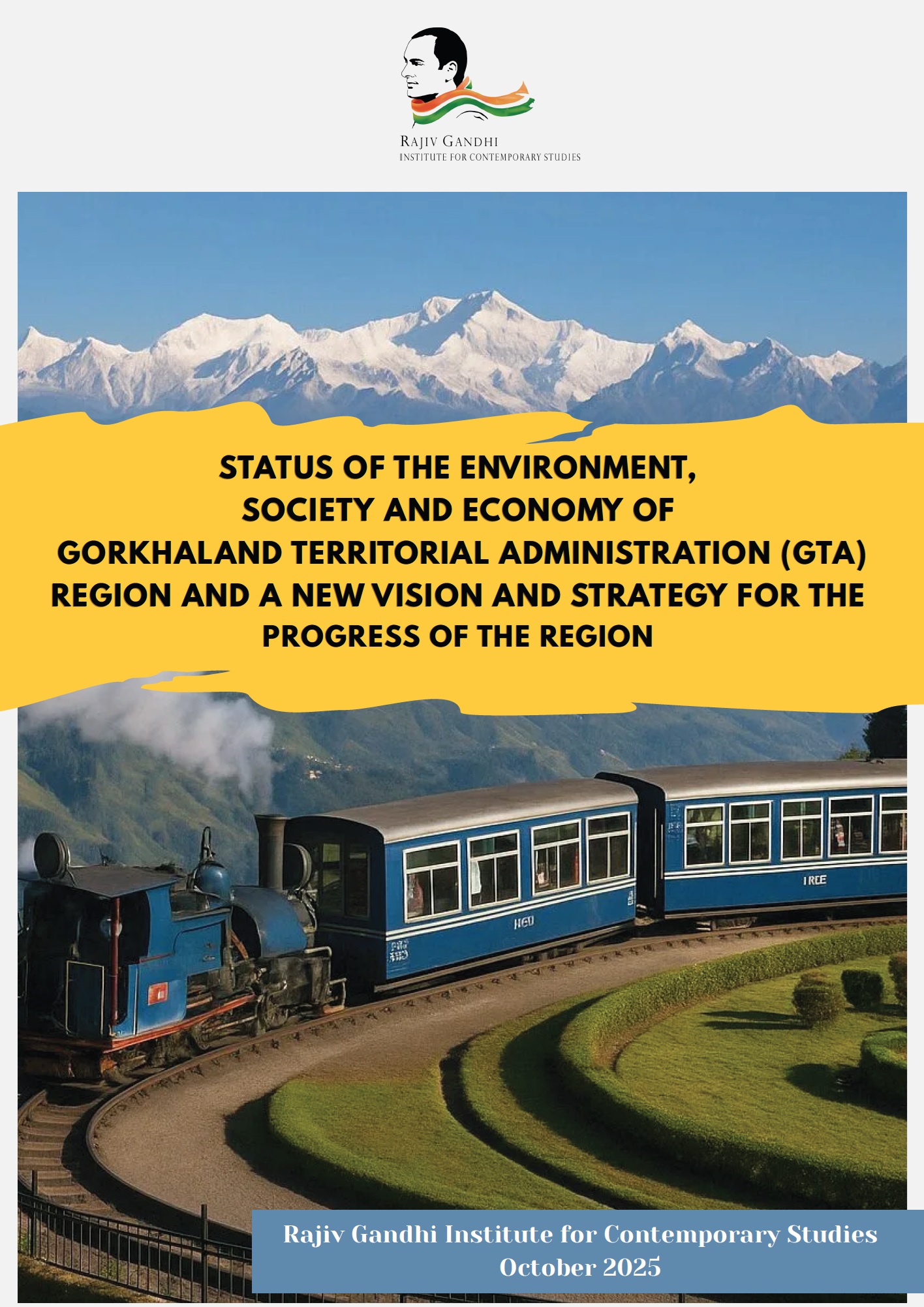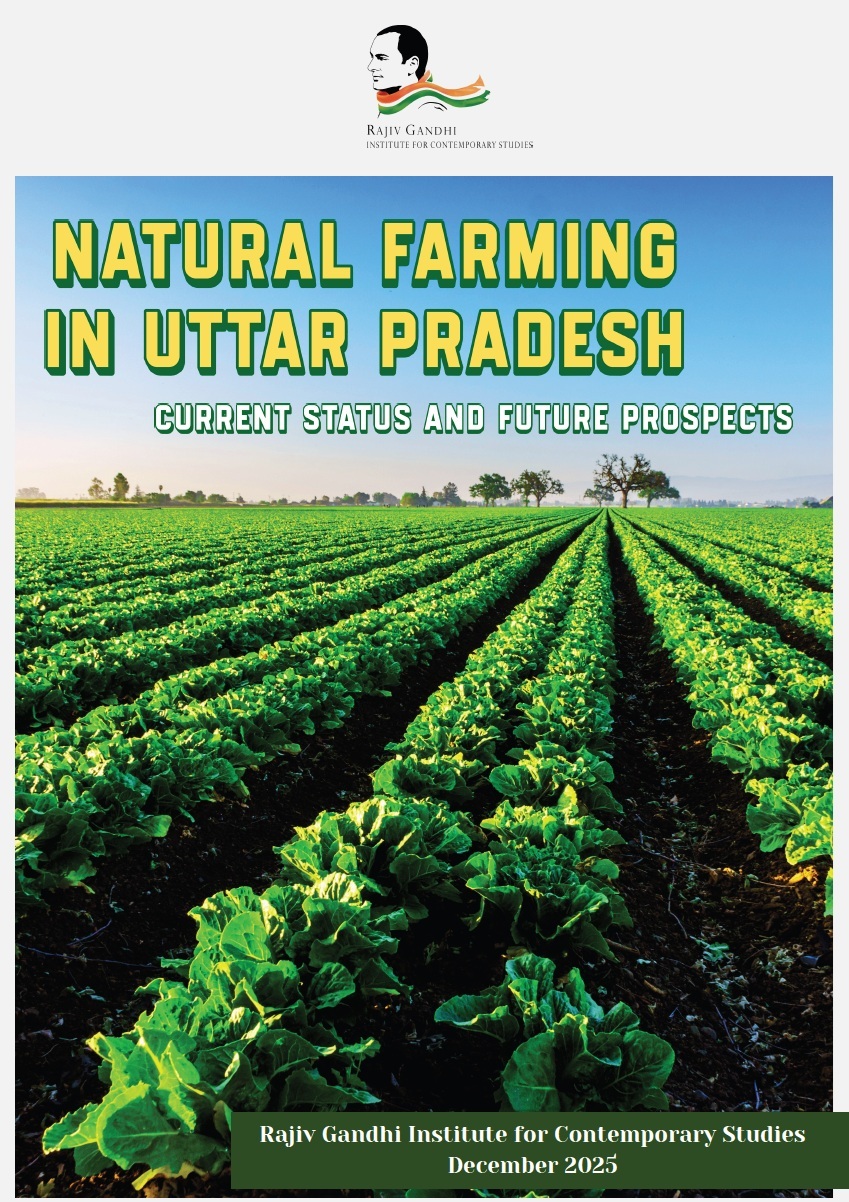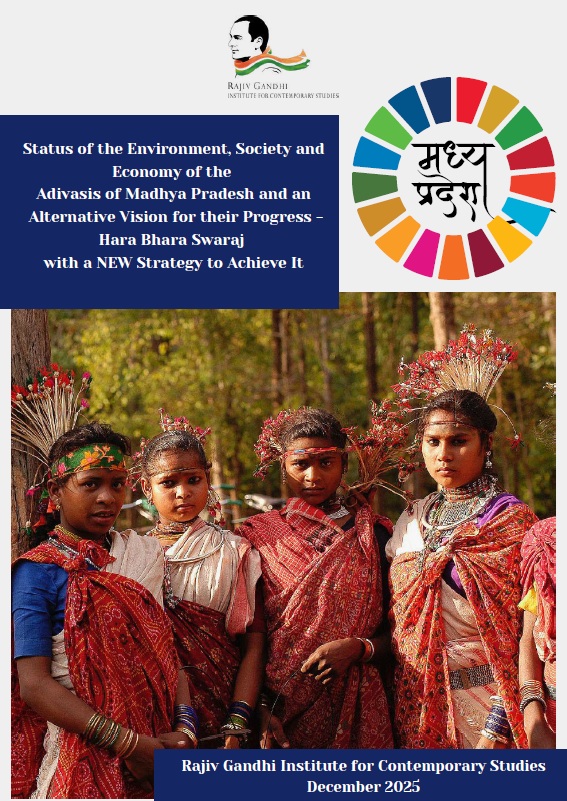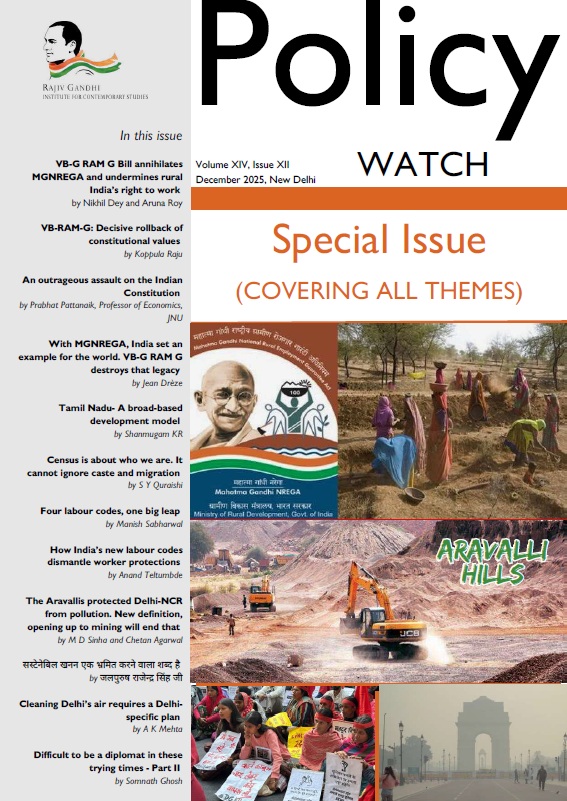This report emphasizes that water harvesting is crucial to tackle India’s escalating water crisis. Despite having policies aimed at promoting water harvesting, implementation remains poor. A consultation organized by RGICS and Vikas Anvesh Foundation discussed various water harvesting methods, including Farm Ponds in Jharkhand, the Doha Model in Maharashtra, and traditional systems in Rajasthan’s Dang region. While these efforts have successfully improved agricultural productivity, water availability, and livelihoods, challenges like poor governance, lack of coordination, and inadequate policy support continue to hold them back.
The discussion showcased several interesting approaches. In Jharkhand, Farm Ponds supported by Tata Steel Rural Development Society (TSRDS) have been a game-changer for farmers, increasing their agricultural income, boosting crop diversity, and even promoting fisheries as a livelihood option. The Doha Model from Maharashtra, developed by Dilasa Sanstha, involves digging bowl-shaped structures along seasonal streams to recharge groundwater. This simple but effective method has significantly improved water availability for irrigation and increased crop yields, especially for water-dependent rabi crops. In Rajasthan’s Dang region, traditional structures like Pagaras, Pokhars, and Taals are still used for soil and water conservation. However, these valuable systems are not adequately supported under schemes like MGNREGA, leaving them underutilized.
Participants agreed that combining traditional knowledge with modern hydro-geological techniques can make water harvesting far more effective. But the bigger problem is how water resources are governed. Fragmented policies, bureaucratic delays, and lack of funding are preventing communities from making the most of their efforts.
The report calls for a bottom-up approach, where local communities are actively involved in planning and decision-making. It also suggests promoting Public-Private Partnerships (PPP) and making policies more inclusive and supportive. With the right support and coordination, these water harvesting models could offer real solutions to India’s water crisis and improve rural livelihoods on a large scale.
Keywords: Water Harvesting, Farm Ponds, Doha Model, Traditional Methods, Natural Resource Management, Water Governance, Policy Reform, Sustainability, Public-Private Partnership (PPP), Community Participation
Methods of Water Harvesting: Implication for National Strategy
Send download link to:


